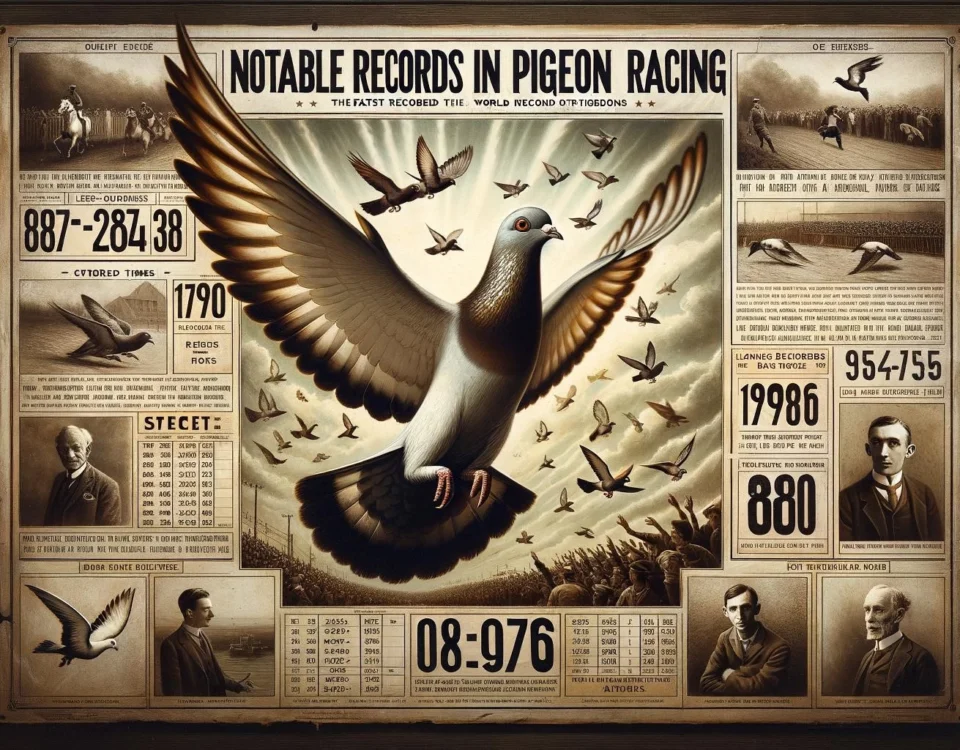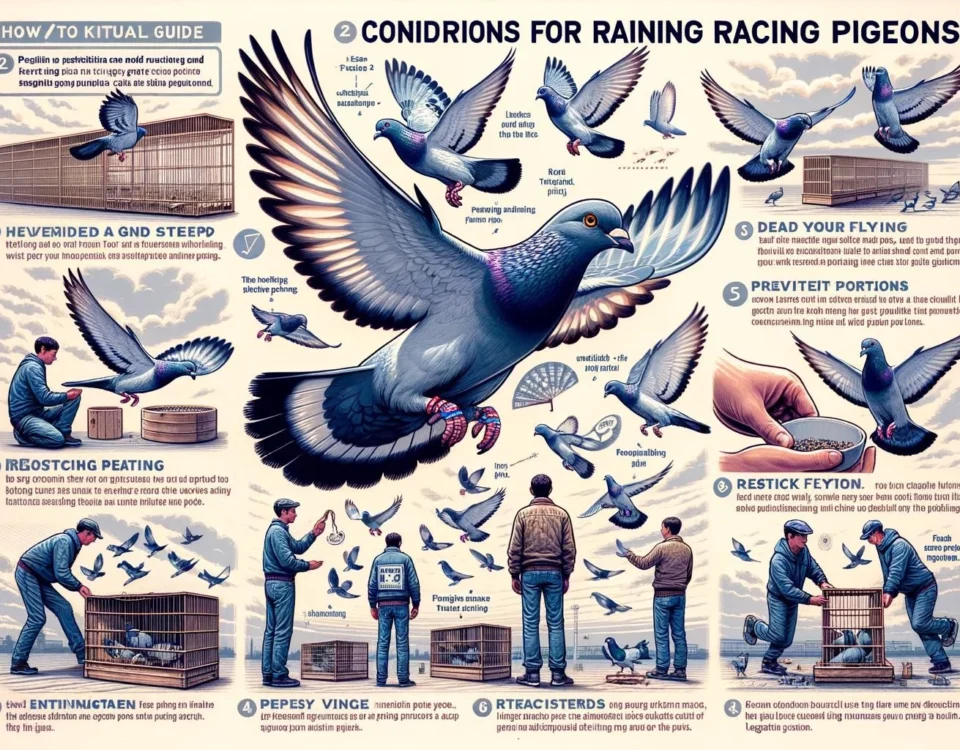Pigeon racing is a sport that involves racing homing pigeons over long distances. While various factors can affect the outcome of a race, weather conditions play a crucial role. Extreme conditions, strong winds, and excessive amounts of rain can impact racing pigeons’ well-being and performance. In this article, we will explore the impact of weather on pigeon racing and its implications for the sport.
Key Takeaways
- Extreme weather conditions can negatively impact racing pigeons’ health and performance.
- Strong winds can hinder pigeons’ flight and navigation abilities.
- Excessive rain can make racing conditions challenging and dangerous.
- Pigeon fanciers rely on weather forecasts to make informed decisions about racing conditions.
- Understanding the weather’s impact on racing pigeons is essential for promoting responsible practices in the sport.
The Impact of Extreme Weather Conditions
Extreme weather conditions, such as heavy rain, strong winds, or intense heat, can have a significant impact on racing pigeons. High temperatures can cause dehydration and heatstroke in pigeons, resulting in decreased stamina and performance. Heatwaves or prolonged periods of hot weather may even lead to fatalities among racing pigeons.
Strong winds pose another challenge for racing pigeons. While pigeons are capable of flying long distances, strong headwinds can slow down their speed and make it more difficult for them to navigate. Tailwinds, on the other hand, can provide an advantage, allowing pigeons to fly with less effort and potentially achieve faster race times.
Excessive rain can also pose a risk to racing pigeons. Wet feathers can make it harder for pigeons to fly and maintain their body temperature. Additionally, heavy rainstorms can limit visibility, making it difficult for pigeons to find their way back home. Racing in heavy rain or thunderstorms can be dangerous for both the pigeons and their handlers.
The Importance of Weather Reporting
Weather reporting plays a vital role in pigeon racing. Pigeon fanciers rely heavily on accurate weather forecasts to make informed decisions about whether to release the pigeons for races. Release of pigeons is weather-dependent, and races are typically postponed or canceled if adverse weather conditions are expected along the flight path.
Club officials and race organizers monitor weather reports closely to ensure the safety and well-being of the racing pigeons. Weather conditions at the release site, as well as along the route back to the club region, are taken into consideration. Race transporters may even wait a day or two for the weather to improve before releasing the pigeons.
By prioritizing the safety of the pigeons and taking weather conditions into account, race organizers can minimize the risks associated with extreme weather events and ensure fair competition among the pigeons.
Ethical Considerations
Understanding the impact of weather on racing pigeons is not only crucial for the success of the sport but also for promoting ethical practices. Pigeon racing enthusiasts and breeders are responsible for the well-being of their pigeons and should prioritize their health and safety.
Promoting responsible practices includes avoiding races during extreme weather conditions that could harm the pigeons. Breeders should also provide appropriate care to their pigeons, ensuring they have access to clean and comfortable accommodations and addressing any health issues promptly.
By staying informed about the impact of weather on racing pigeons and adhering to ethical guidelines, pigeon fanciers can contribute to the welfare and longevity of the sport. Responsible stewardship of racing pigeons involves balancing the thrill of competition with the well-being of the birds.









